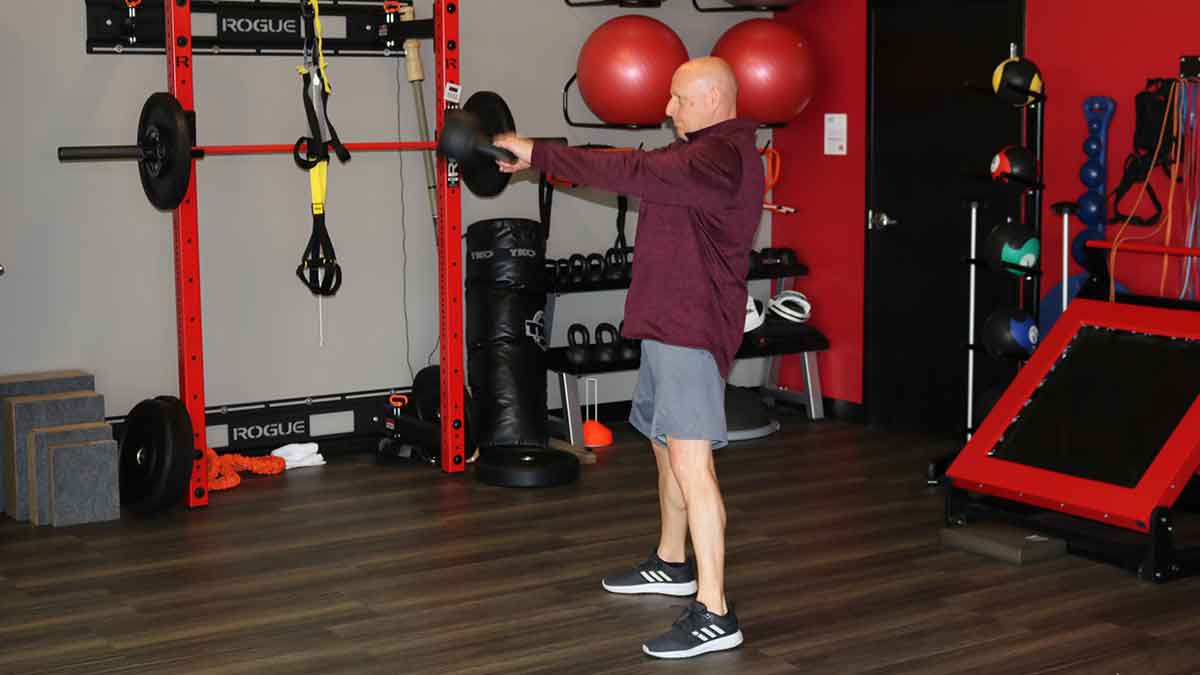A handy tool to put your bad exercise habits in the P.A.S.T.

You’re ready to get off the couch or out from behind your computer and accomplish some goals for staying active.
If you don’t know how to get started or have failed before to maintain a routine, our sports and performance psychologist has an easy-to-remember acronym to help you give up old habits and build new ones.Stephen Graef, a former Ohio State football player who helps athletes work on their mental game at the Jameson Crane Sports Medicine Institute at The Ohio State University Wexner Medical Center, developed the tool that he calls P.A.S.T.
“I’ve seen this approach work for people because it’s about setting attainable goals and positioning yourself to have the best chance to meet those goals,” Graef says.
1. PLAN
- Outline your goals and what you need to do to accomplish them. Go ahead and put them in writing.
- Make a daily plan for exercise so it’s more likely to happen. For example, know exactly which fitness class you plan to attend or how many minutes you will walk tomorrow.
- Decrease the number of obstacles you face each day that keep you from your goal.
- Some ideas:
Want to wake up earlier? Put the alarm on the other side of the room.
Have trouble getting to your workout? Sleep in your gym clothes.
Ran out of time for exercise today? Next time pack your walking shoes for a lunch break or arrange to ride your bike sometimes to work, school or a restaurant.
Find yourself in the recliner instead of lifting weights? Move your exercise equipment to an area where you’ll use it. Even if it’s in front of the TV!
- Pick one skill. Master it. Then move on to the next. Maybe try to build up to 100 squats (without pain!) and then start on increasing your pushups. Or run just from one light pole to the next on your street until you feel like you can make it two light poles and so on.
- You have a long life ahead of you to knock out your resolutions, especially once you have positive momentum going.
- Don’t set yourself up for failure. Make your goals so simple that you’re sure to succeed. For example, don’t expect to run for miles on the first day of working out if the farthest you’ve ever run is down the block. Get up and walk for five minutes instead.
- Choosing tasks that are too easy to fail will increase the likelihood of mini-successes, which grow your confidence and encourage sustained behavior.
- Rome wasn’t built in a day and neither was a six pack. Be patient and start slow and easy.
Make an appointment with a sports psychologist at Ohio State
614-293-3600
Dr. Graef shares how he helps patients as a sports psychologist at Ohio State's Wexner Medical Center.





